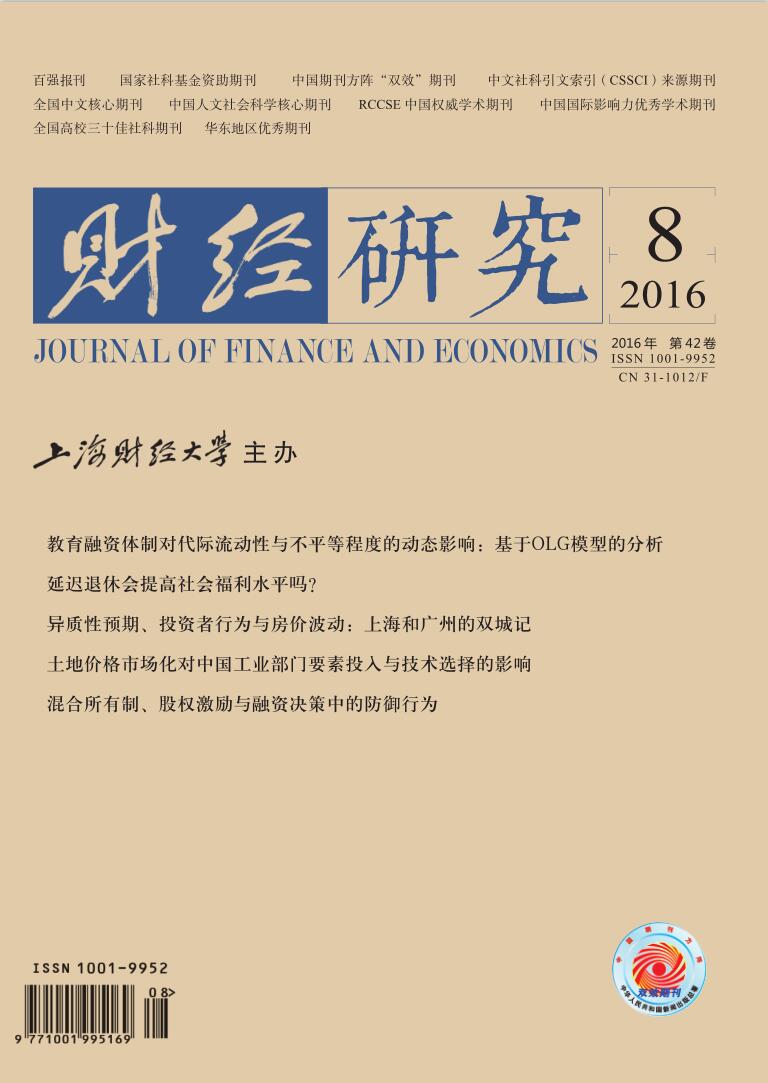This paper makes use of the natural experimental opportunity that China has gradually introduced margin trading in stock market, and investigates the effect of short selling on stock pricing efficiency in reflecting negative information by using a difference-in-difference research design. Using the data from 2007 to 2012, it concludes that compared with non-target stocks, after the stocks become the underlying assets of securities margin trading, their stock prices react more timely to downward market volatility, thus reducing the asymmetric stock price reaction between positive and negative market information, which means that prices for underlying stocks of securities margin trading embed bad news of corporate values more timely and fully. At the same time, compared with non-target stocks, after the stocks become the underlying assets of securities margin trading, the probability of stock price crashes is significantly reduced. These results suggest that short selling improves the stock pricing efficiency in reflecting negative information after China introduces the securities margin trading.
 / Journals / Journal of Finance and Economics
/ Journals / Journal of Finance and EconomicsJournal of Finance and Economics
LiuYuanchun, Editor-in-Chief
ZhengChunrong, Vice Executive Editor-in-Chief
YaoLan BaoXiaohua HuangJun, Vice Editor-in-Chief
Short Selling, Stock Price Informativeness and Stock Price Crash: Evidence from Margin Trading in China
Journal of Finance and Economics Vol. 42, Issue 08, pp. 74 - 84 (2016) DOI:10.16538/j.cnki.jfe.2016.08.007
Abstract
References
Abstract
Cite this article
Tang Song, Wu Qiujun, WEN DEER, et al. Short Selling, Stock Price Informativeness and Stock Price Crash: Evidence from Margin Trading in China[J]. Journal of Finance and Economics, 2016, 42(8): 74–84.
Export Citations as:
For
ISSUE COVER
RELATED ARTICLES




 7718
7718  5476
5476

